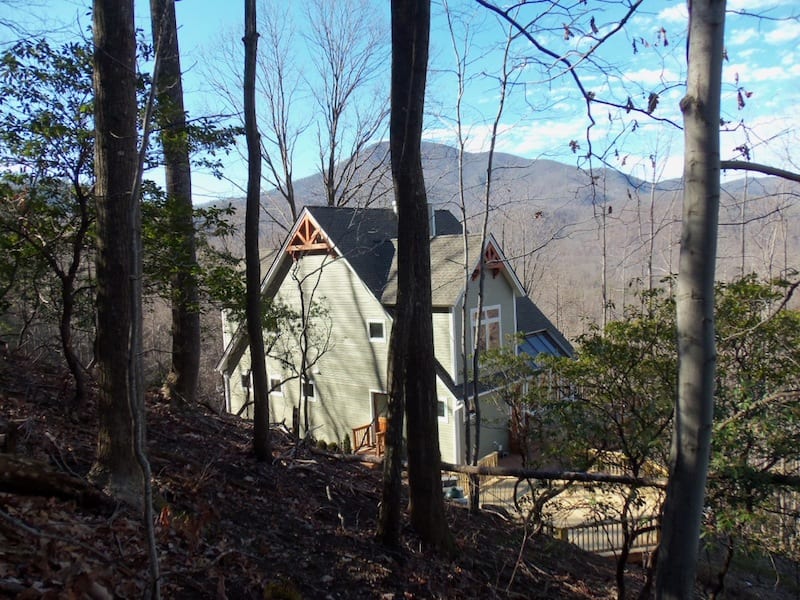It occurred to me the other day that I hadn’t explained why my husband and I chose the name Vanaprastha for our mountain house.
Traditional Hindus divide life into four stages called Ashrama.
- The Student (brahmacari): one is chaste and obedient to teachers
- The Householder (grihastha): marriage, children and work to make a living
- The Hermit (vanaprastha): retreat to the woods and pursuit of solitude
- The Mendicant (sannyasi): one renounces material goods and seeks enlightenment
Through explicit delineation of life stages and acceptance of aging, Hindus embrace death, reincarnation and moksha, which is the soul’s final reunification with God.
In Western culture, or should I say American culture, we seem to have a harder time moving through life stages. Some wish to stay perpetual students while others (mea culpa) cling to children and work for fear of change, loss, void and death. For humorous and poignant images of aging parents and selves, see Roz Chast’s “Can’t We Talk About Something More Pleasant?” , The New Yorker, March 10, 2014 and Roger Angell’s “This Old Man,” The New Yorker, February 17, 2014.
I have always loved Vivalidi’s Four Seasons both for the rich textures and natural symbolism.
In the first movement Spring, Vivaldi weaves birdsong, murmuring streams, soft breezes and thunderstorm with musical images of meadows, flowers and trees. A sleepy goatherd rests with his faithful dog while nymphs and shepherds dance. Primavera sings a sweet song of youth and innocence, but note the thunderstorm. Childhood is not without peril.
Summer continues spring’s sweet birdsong and soft breezes and adds the sun‘s parch and heat, which gives way to a violent storm. Lightning flashes, thunder roars and gnats and flies buzz; hailstones beat down standing corn. The householder experiences both joys and tribulations in marriage, children and making a living.
The autumn of life brings a celebration of harvest, wine and relief. Song, dance and cool breezes invite slumber. In the woods, hunters chase a wounded, struggling and fallen prey. So too will we hunters fall, for winter is coming.
Snow, wind, ice and chill signal winter, as does warmth and rest by the hearth. Walking icy paths, we slip and fall, arise and hasten on feeling the wind’s chill creep into our homes. Like the ashes in our woodstoves, we will be swept into the air, water and earth.
Vanaprastha looks both East and West. Our mountain retreat offers solitude and time for reflection as we pursue our “Third Chapter” missions, grateful to spend this stage of life in such a beautiful place.
In what stage of life are you?




Lovely explanation, Carole for inquiring minds like mine. Friendly suggestion: you may wish to post this on your ABOUT page. I searched for it while others may not. Thanks for stopping by my site.
Thanks so much for your suggestion! -C.D.